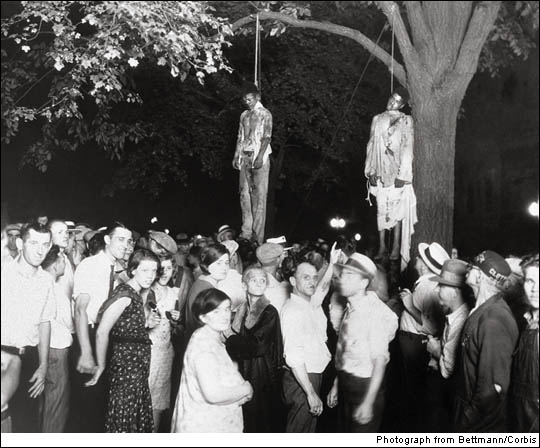
Check out the celebration of centennial of the publication of The Souls of Black Folk led by Dr. Henry Louis Gates, Jr. at Du Bois' alma mater Harvard University.
http://forum-network.org/lecture/web-du-bois-souls-black-folk
Today we complete our formal discussion of The Souls of Black Folks, any final thoughts?
Dr. Du Bois originally published the essays that comprise The Souls of Black Folks from 1896-1901 and the completed book of essays was originally published in 1903, over 100 years ago. This essays reflected his thinking at the dawning of the 20th Century. Du Bois was not perfect, his essays reflect his elitism, paternalism, and sexism. His essays also reflect that he was born to free mother in New England three years after the end of the Civil War. They also reflect his education and erudition, he was educated at three of the best educational institutions in the world at that time:
Fisk University
Harvard University
University of Berlin
The essays also reflect his growing participation in the Niagara Movement and predate the founding of NAACP. While I do not agree with all of Du Bois' arguments and I recognize that were other voices speaking out about African American issues during the early 20th Century, Du Bois was a public intellectual par excellence, whose commitment to scholarship, writing and activism have not been matched. Our next author Carter Godwin Woodson was a superior public intellectual who raised the general public awareness of Africa and the Diaspora.
Du Bois is often criticized as not being an institution builder. But I think he was an institution builder, he just built different types of institutions, he created or help create: the Niagara Movement, National Association for the Advancement of Colored People, The Crisis, The Phylon and the academic discipline of sociology.
What are your thoughts? Thank you for participating in our discussion of The Souls of Black Folk and spread the word about the blog as we begin our discussion of Mis-Education of the Negro.









